commentary Commentary
Commentary: Personality politics matters more than party loyalty in Sri Lankan general elections
The Gotabaya Rajapaksa government’s victory at last week’s general elections was expected, but the overwhelming numbers it has received is unprecedented, say Dr Chulanee Attanayake and Roshni Kapur.
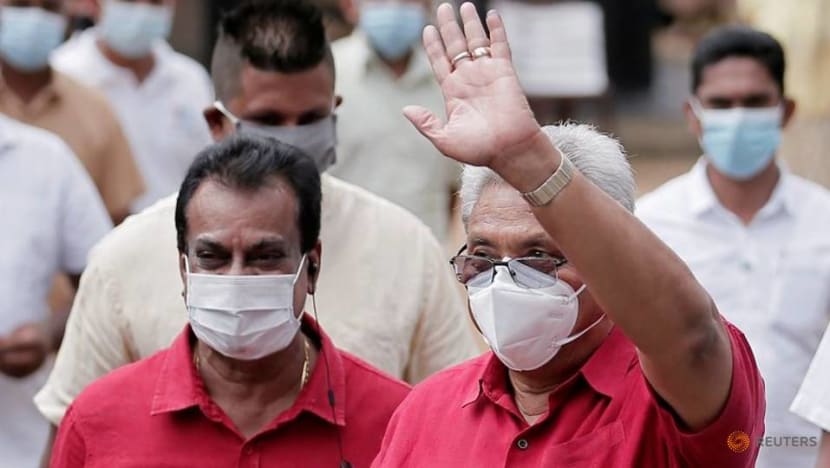
Sri Lanka's President Gotabaya Rajapaksa wears a protective mask as he waves to supporters while leaving a polling station, after casting his vote during the country's parliamentary election in Colombo, Sri Lanka, August 5, 2020. REUTERS/Dinuka Liyanawatte
SINGAPORE: The government of incumbent Sri Lankan President Gotabaya Rajapaksa has secured a “super-majority” in the country’s parliamentary elections.
Results announced on Friday (Aug 7) revealed that the incumbent President’s party - the Sri Lanka People's Front (SLPP) - won 59.09 per cent of the votes.
The Samagi Jana Balawegaya (SJB), an opposition alliance, won 23.09 per cent of the votes – the next highest in the elections held last week.
SUPER-MAJORITY UNEXPECTED
While the SLPP’s victory was anticipated, the scale of it could arguably be landmark and historic. Many in the academic and policy circles had speculated that the government would receive a simple majority.
Arjuna Ranawana, editor-in-chief of Echelon Media and a keen Sri Lankan political observer, wrote on Jul 25: “…it (is) most likely that the SLPP will win a stable simple majority, getting between a low of 120 seats to a high of 130, still short of the 150 – a two-thirds majority”.
Contrary to popular opinion, the SLPP won 145 seats, only five seats less to secure a two-thirds majority on its own.
READ: Commentary: Bigger governments aren’t necessarily a bad thing
However, forming a loose coalition with minor parties will enable it to form a government with a two-thirds majority and make policy changes without much difficulty.
Incoming Prime Minister Mahinda Rajapaksa - Gotabaya’s older brother and the nation’s president for 10 years - led the SLPP election campaign and contested from the Kurunegala district.
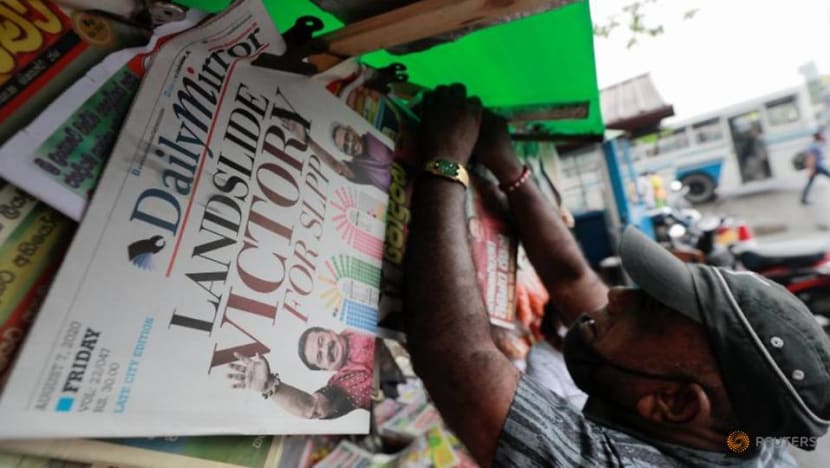
This is a departure from running from his home district of Hambantota, which had been his electoral seat since he came into politics in 1970 until 2015.
BANKING ON POLITICAL CAPITAL
There are several reasons for the SLPP’s overwhelming victory.
The political trends in this election were not very different from the presidential elections held in late 2019.
First, the SLPP leveraged on its high level of political capital following its two consecutive victories in the 2019 presidential elections and the 2018 local elections.
President Gotabaya’s administration, voted into power in November, is still enjoying a “honeymoon period” with a high degree of popularity.
The government’s mandate that it has been receptive to voters’ concerns and intends to incorporate their views when it proposes bills in parliament is at an all-time high.
READ: Commentary: India wants to woo Sri Lanka. But China stands in the way
Second, while the key themes of national security and economic development this elections were similar to that of 2019, the government’s response to COVID-19 has broadly been deemed as a success.
It took quick measures including cancelling on-arrival visas for Chinese citizens, imposing a three-day holiday, closing all schools, imposing a country-wide curfew and deploying the military to oversee quarantine centres to prevent a community spread and kept the number of infections low.
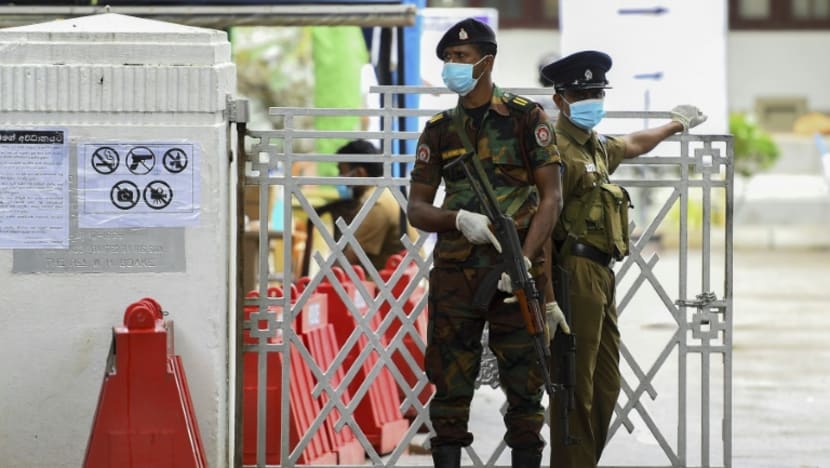
The formation of clusters such as the one at the Welisara Navy Camp and a perceived lack of sufficient procedures were seen as minor setbacks against the robust measures adopted by the administration.
UNITY OVER DISUNITY
That is probably why that despite the elections being held in the middle of a pandemic, voter turnout, at approximately 70 per cent, was not much lower than the 77.7 per cent in the 2015 general elections.
Third, the government was strategic in forming a loose coalition with its main mother party, Sri Lanka Freedom Party (SLFP).
Despite their internal differences during the preparation of the nomination list, both parties consented that there was mutual interest in contesting the elections as a united front instead of unilaterally.
On the other hand, the main opposition party, the United National Party (UNP), and its breakaway faction, the SJB, contested separately despite having a similar vote base.
Their petty party frictions, such as the UNP revoking the membership of those who decided to contest the parliamentary polls under the SJB ticket, were out in the open.
This internal turmoil worked in the favour of the government who may have received some of their key votes while also discouraging some of the loyal UNP supporters from turning up to vote at all.
PERSONALITIES OVER PARTIES
This election exemplified how personalities mattered more than party loyalty and affiliation.
The two parties with the highest number of votes, the SLPP and the SJB, are breakaway factions from their original parties – the SLFP and the UNP - that have increased their fortunes in the Sri Lankan polity.
The SLPP, under the helm of the Rajapaksas, has convinced their voters that they can usher in economic development and strengthen national security regardless of their party affiliation.
For the most part of their political careers, the Rajapaksas have been with the SLFP. Even when Mahinda was president from 2005 to 2015 and when he contested the parliamentary elections in 2015, members of his family and him continued to hold SLFP membership before exiting in 2018 to join the SLPP.
READ: Commentary: After a five-year hiatus, why the Rajapaksas are back in power in Sri Lanka
After Mahinda’s defeat in the 2015 presidential elections and a failed bid to be prime minister in the parliamentary elections the same year, victory for Mahinda this time round completes one of the biggest political comebacks in Sri Lanka for the Rajapaksas after younger brother Gotabaya was elected president last year.
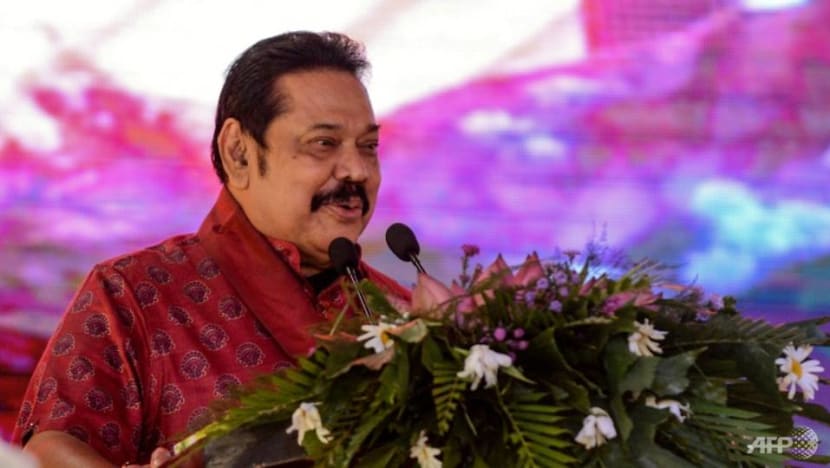
For one, Gotabaya, who is as admired as his elder brother by the public, has been appreciated for his strong leadership despite being in office for a short period.
The popularity of the party leader Mahinda also contributed to the massive victory.
Mahinda continues to be one of the most admired and respected leaders in the country.
Despite the controversies which led to his ouster during the 2015 presidential elections, he made an immediate comeback to parliament in the same year during the general elections proving that he continued to have a loyal supporter base.
His vast popularity paved the way for the SLPP’s victory during the 2018 local elections as well.
All of these indicate that the public is likely to render its support to whichever party he contests from.
However, it is difficult for other leaders to earn the same admiration that the Rajapaksas have enjoyed during their political career as they have been credited with ending the decades-long civil war.
Moreover, it was under Mahinda’s leadership that Sri Lanka’s economy grew at a rapid pace - between 7 per cent and 8.5 per cent in the last few years of his presidency.
The subsequent government has not only failed to keep up with these developments but was also blamed for not foiling the Easter Sunday attacks in April 2019.
NEW KID ON THE BLOCK
The SJB, formed approximately six months ago, has become another formidable force in the country’s political landscape.
READ: Commentary: How the Easter Sunday bombings reshaped Sri Lanka’s political landscape
Its leader Sajith Premadasa, who also contested the 2019 presidential polls under the UNP ticket is slowly legitimising his role as the new leader of opposition.
With his party receiving the second highest number of votes these elections, it appears both the political members and the public have given him the benefit of the doubt despite being a relatively young contender at53 years old.
Premadasa’s efforts to initiate several grassroots projects on poverty reduction, youth movement and housing development has earned him a considerable reputation of being a populist leader.
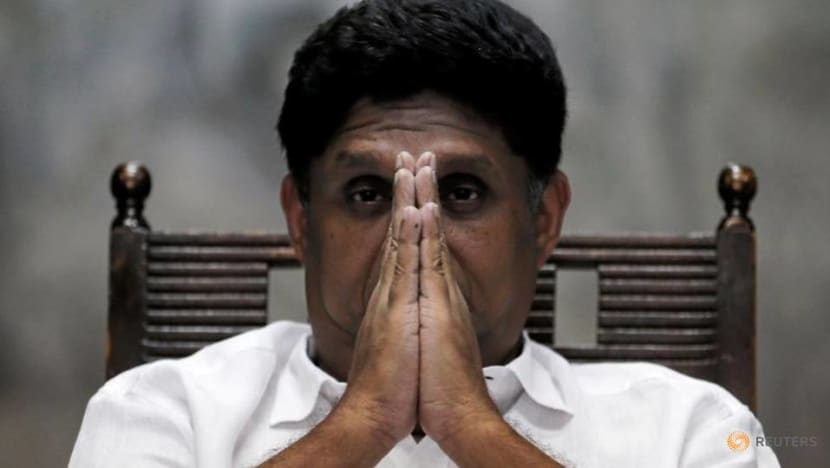
Moreover, he holds the legacy of being the only son of former President Ranasinghe Premadasa who also worked on grassroots issues for the underprivileged.
Premadasa’s new party has also received the support of many veteran UNP-ers such as Harsha de Silva and Ranjith Madduma Bandara. This election could be a turning point in Premadasa’s political career to gear his party for prospective polls.
On the other hand, the two older main parties, the SLFP and UNP, that have survived many dramatic changes, are slowly losing their significance.
While the SLFP received a lowly 0.57 per cent of the votes, the UNP didn’t do much better at 2.15 per cent, indicating that the public has lost its confidence in them.
Both parties that were strong political forces in country’s electoral landscape for decades are now losing their fortunes. While the SLPP is slowly absorbing the SLFP, the SJB is replacing the UNP as the key opposition. Their demise would be unprecedented too.
The election also has seen promising new faces entering the parliament for the first time.
It seems that voters may be fed up of long-standing parliamentarians who have not addressed their concerns and become disconnected from reality.
Chulanee Attanayake is a Visiting Research Fellow at the Institute of South Asian Studies. Her research area includes Domestic Politics and Foreign Policy of Sri Lanka, Indian Ocean geopolitics and China’s South Asia strategy. She can be contacted at chulanee [at] nus.edu.sg. Roshni Kapur is Ms Roshni Kapur is a Research Analyst at the Institute of South Asian Studies. Her research area includes Domestic Politics, Conflict Resolution and Ethno-Religious Nationalism of South Asia. She can be contacted at roshni [at] nus.edu.sg.
















